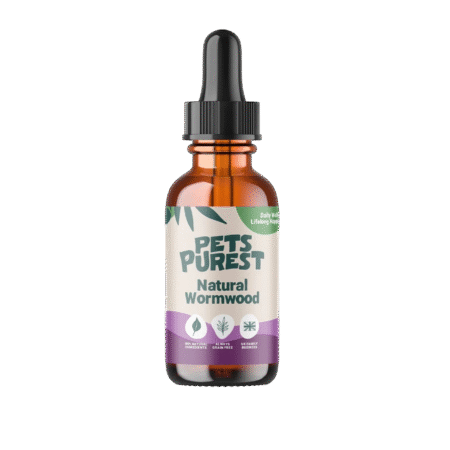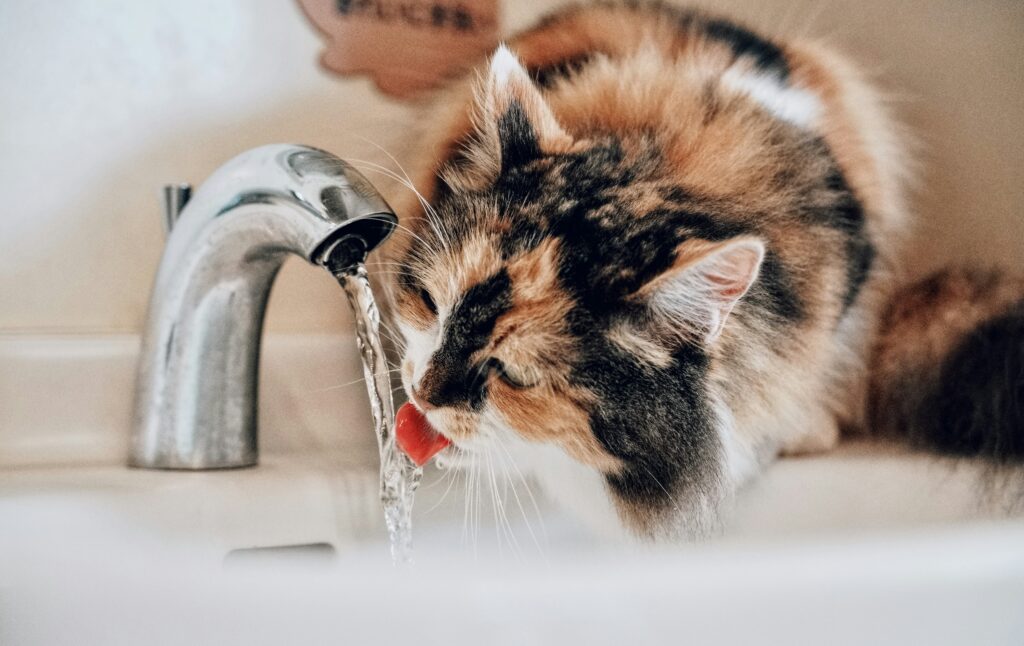Indar Pet
The Importance of Hydration for Kidney & Renal Health in Cats and Dogs
Keeping our pets well hydrated is one of the simplest — and most powerful — ways to support their kidneys and overall health. Good hydration helps the body flush out toxins, keeps cells healthy, supports digestion, and reduces the strain on the kidneys. For pets with kidney issues, it’s absolutely vital.
Let’s look at why hydration matters, how to encourage your pet to drink more, and some easy tricks to make sure they stay happy and hydrated every day.
Why Hydration Matters
The kidneys are the body’s natural filters. They remove waste, balance minerals, and regulate hydration levels.
When a cat or dog doesn’t drink enough, the kidneys have to work harder to clear toxins — which can lead to dehydration, urinary issues, and kidney stress.
Hydration keeps:
-
Blood flowing properly to the kidneys
-
Cells hydrated and healthy
-
Waste moving out through urine
-
Electrolytes balanced
-
Inflammation and oxidative stress reduced
For pets with chronic kidney disease (CKD), maintaining fluid balance helps slow down the progression of the condition and improves their energy and appetite.
Signs Your Pet Might Be Dehydrated
-
Dry or sticky gums
-
Lethargy or unusual tiredness
-
Reduced appetite
-
Sunken eyes
-
Less frequent urination
-
Skin doesn’t spring back when gently lifted (the “skin tent” test)
If you notice any of these signs, contact your vet — dehydration can happen quickly, especially in cats or senior dogs.
Simple Ways to Encourage Your Pet to Drink More
Cats and dogs can be picky drinkers, but these small changes can make a big difference:
1. Multiple Water Stations
Place several bowls around the house — especially near where your pet sleeps, eats, and spends time.
Cats, in particular, prefer to have water away from their food bowl.
2. Use Pet Fountains
Many cats and dogs love running water! A pet fountain keeps water fresh and oxygenated, making it more appealing.
3. Try Different Bowls
Some pets dislike metal or plastic bowls because of taste or smell. Ceramic or glass bowls are often better accepted.
4. Keep Water Fresh
Clean bowls daily and refill with filtered or fresh tap water. Avoid stagnant or warm water.
5. Add Flavour
A splash of tuna juice (from tuna in spring water), low-sodium chicken broth, or a few drops of salmon oil can tempt picky drinkers.
6. Feed Wet Food
Canned or wet food can be a game-changer for hydration. It contains about 70–80% moisture — compared to only 10% in dry food.
If your pet eats mainly kibble, try mixing in a little warm water or wet food to boost fluid intake.
7. Hydration in Food
Some foods naturally contribute to hydration — think cucumber, courgette, or melon (for dogs, in moderation).
Special renal diets also have adjusted moisture levels to support kidney function.
8. Room Temperature Water
Many pets prefer cool, not cold, water. Test what your pet enjoys most.
How to Measure Water Intake
Knowing how much your pet drinks helps spot changes early.
-
Cats generally need around 50–60 ml of water per kilogram of body weight daily.
(So a 4 kg cat should drink about 200–250 ml a day.) -
Dogs usually need 50–100 ml per kilogram, depending on size, diet, and activity.
To measure:
-
Use a measuring jug to fill the bowl and note how much remains after 24 hours.
-
Keep track for several days to see your pet’s average intake.
-
If your pet drinks significantly more or less than usual, tell your vet — it can be a sign of health changes.
Extra Tips for Kidney-Sensitive Pets
-
Offer food with high moisture and low phosphorus content.
-
Encourage small, frequent drinks rather than one big gulp.
-
Many of our products can help support kidney cell hydration, reduce oxidative stress, and promote overall gut and kidney health.
-
Include soluble fibres (to support the gut microbiome and help remove toxins naturally.
-
Avoid salty treats — they can dehydrate your pet.
Small Changes, Big Difference
Hydration is one of those small, everyday things that can have a huge long-term impact.
A few extra sips of water, a switch to wet food, or an extra bowl in the living room could make all the difference for your pet’s kidneys — and their overall happiness.
We’d love to hear from you: How do you make sure your cat or dog stays well hydrated every day? Share your tips in the comments!

 100% NATURAL Wormwood 50g for Cats & Dogs — Digestive Support
100% NATURAL Wormwood 50g for Cats & Dogs — Digestive Support 